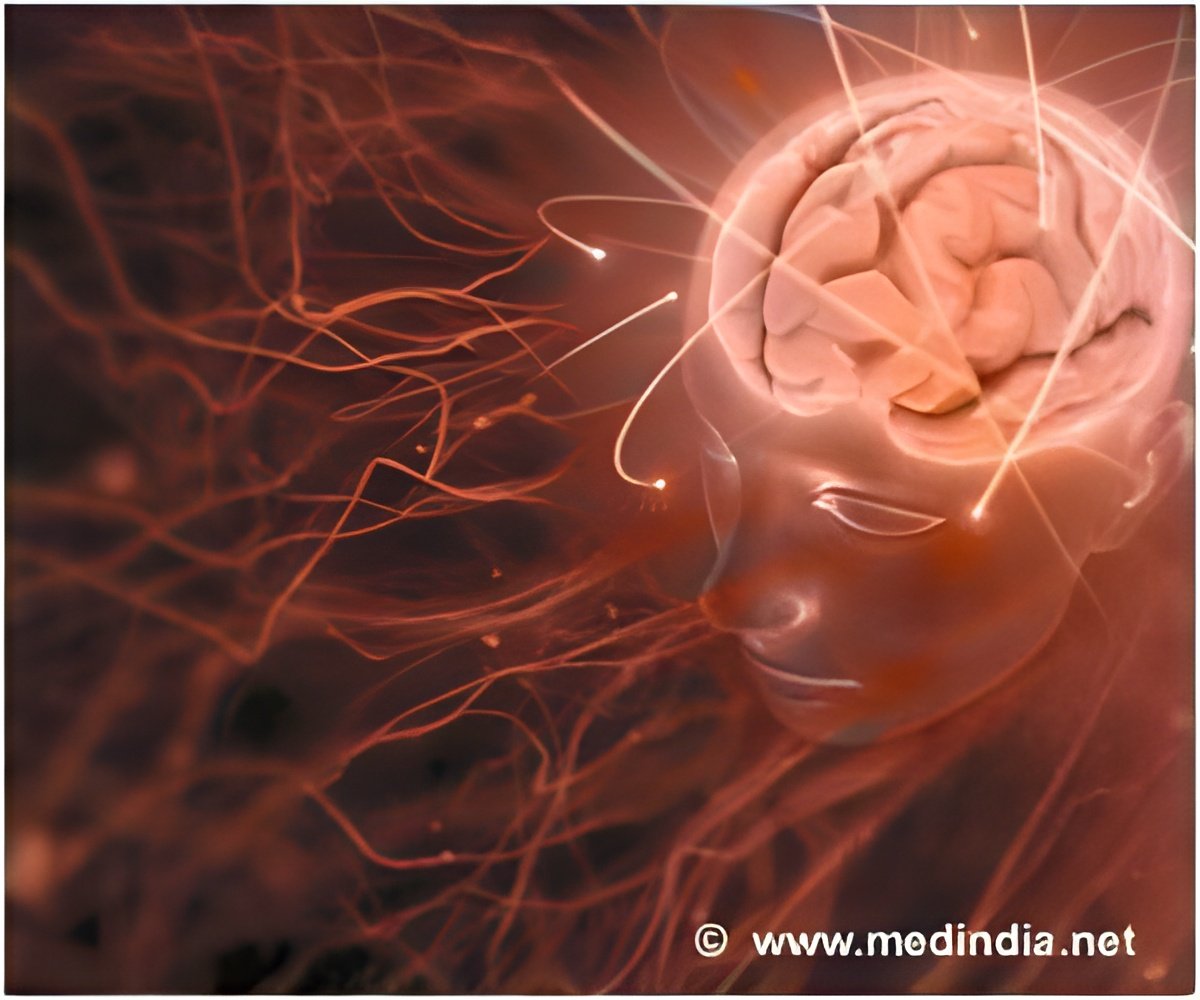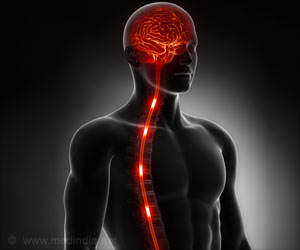Precise extension of Parkinson's disease treatment – deep brain stimulation (DBS) shows promising therapeutic benefits.

‘Precise extension of Parkinson's disease treatment – deep brain stimulation (DBS) shows promising therapeutic benefits.’





DBS is a type of PD treatment that involves the implantation of thin electrodes in the brain to send electrical signals to the part of the brain that controls movement. It has been proven beneficial in helping to control unwanted movement in the body. DBS – The New Protocol
The present study found a new protocol for DBS use where short bursts of electrical stimulation in specific neuronal subpopulations in the globus pallidus (an area of the brain in the basal ganglia) of the mice was proven successful.
“By finding a way to intervene that has long-lasting effects, our hope is to greatly reduce stimulation time, therefore minimizing side effects and prolonging battery life of implants. This is a big advance over other existing treatments. In other DBS protocols, as soon as you turn the stimulation off, the symptoms come back. This seems to provide longer lasting benefits — at least four times longer than conventional DBS,” says Gittis, an associate professor of biological sciences in the Mellon College of Science and faculty in the Neuroscience Institute.
The study is now anticipated to take a start in human trials for idiopathic Parkinson’s disease where the patients will be followed for 12 months to assess improvements in their motor symptoms and frequency of adverse events.
Advertisement
Source-Medindia











